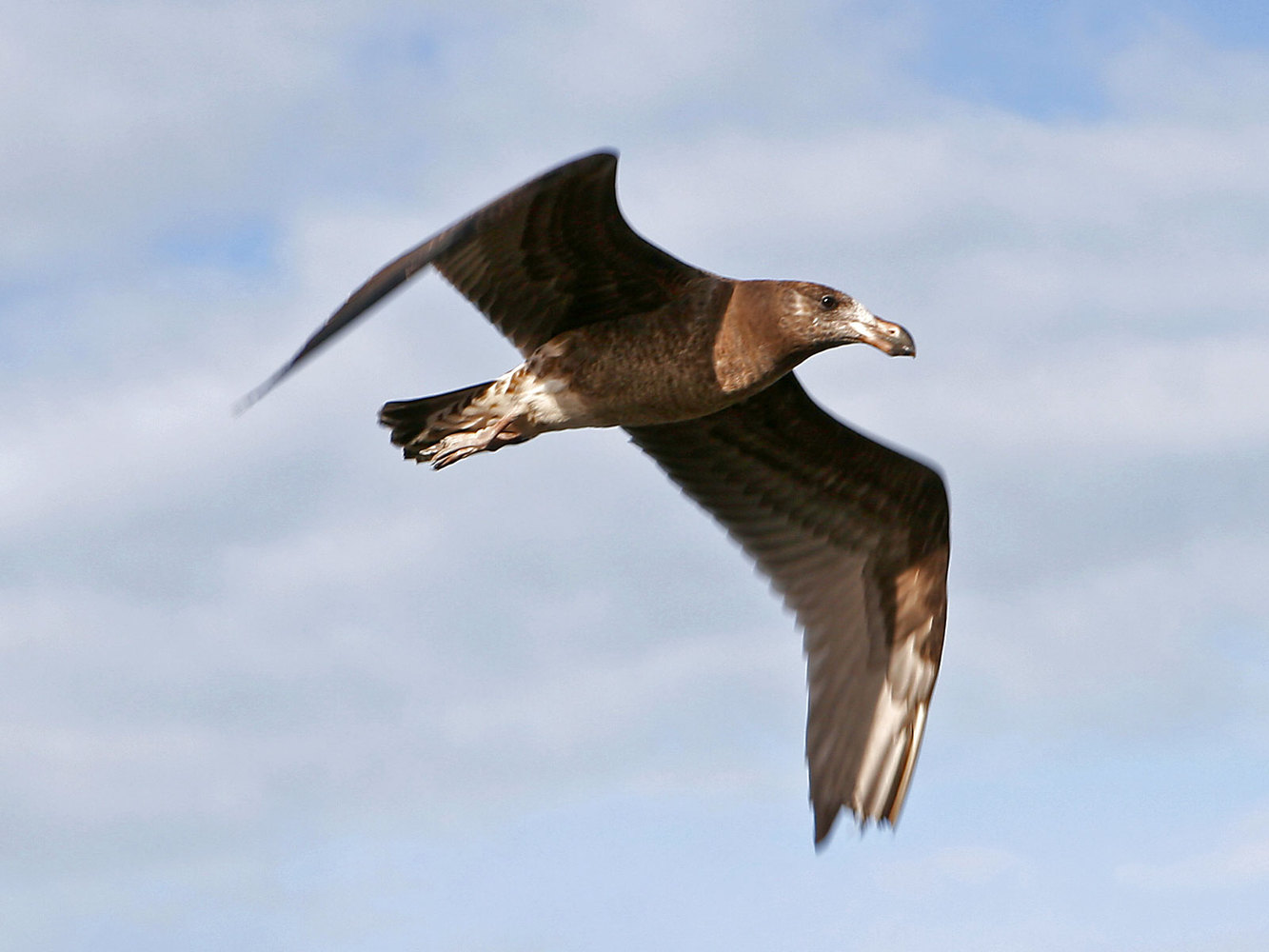The Royal Society for the Protection of Birds (RSPB) wants the marine practice of discharging a chemical called polyisobutene (PIB) banned after 4,000 birds  were injured or killed by the substance.
were injured or killed by the substance.
Injured seabirds covered in this gluey substance were washed up on beaches in the south of England in mid-April and it took almost three weeks to identify the offending chemical.
It now turns out that the substance that has injured so many seabirds is a ubiquitous ingredient in chewing gum, cling film, glue and, crucially is used in ships' engines as a thickener and lubricant.
It can legally be discharged at sea in limited quantities. But it's stickiness and hydrophobicity (it repels water) means that is clumps together in gluey amalgamations that can clog the feathers of unfortunate seabirds.
According to the RSPB, "We are urging the government to call on the IMO to urgently review [its] hazard classification and implement regulations and a systematic monitoring programme that prevent any further tragic and wholly avoidable incidents like the one just witnessed."
The call is also being supported by the industry body, the UK Chamber of Shipping. Alec Taylor, marine policy officer for the RSPB, said that, with this support, he was hopeful that the UK government could "push for tighter regulations preventing the discharge of PIB into the sea for good".










Comments
Add a comment